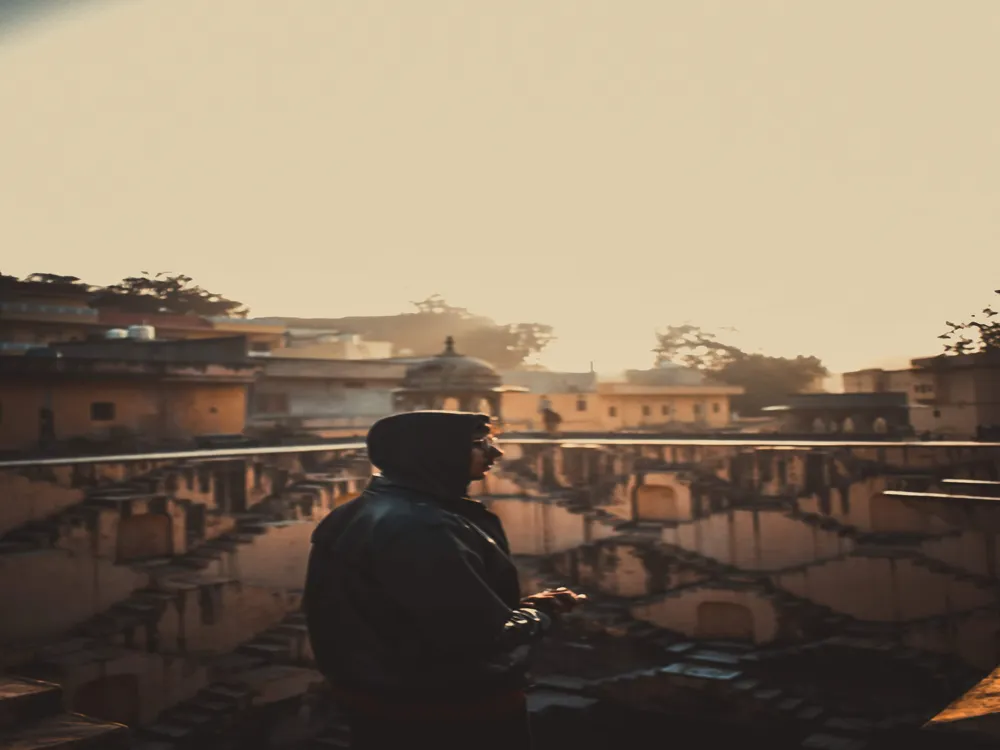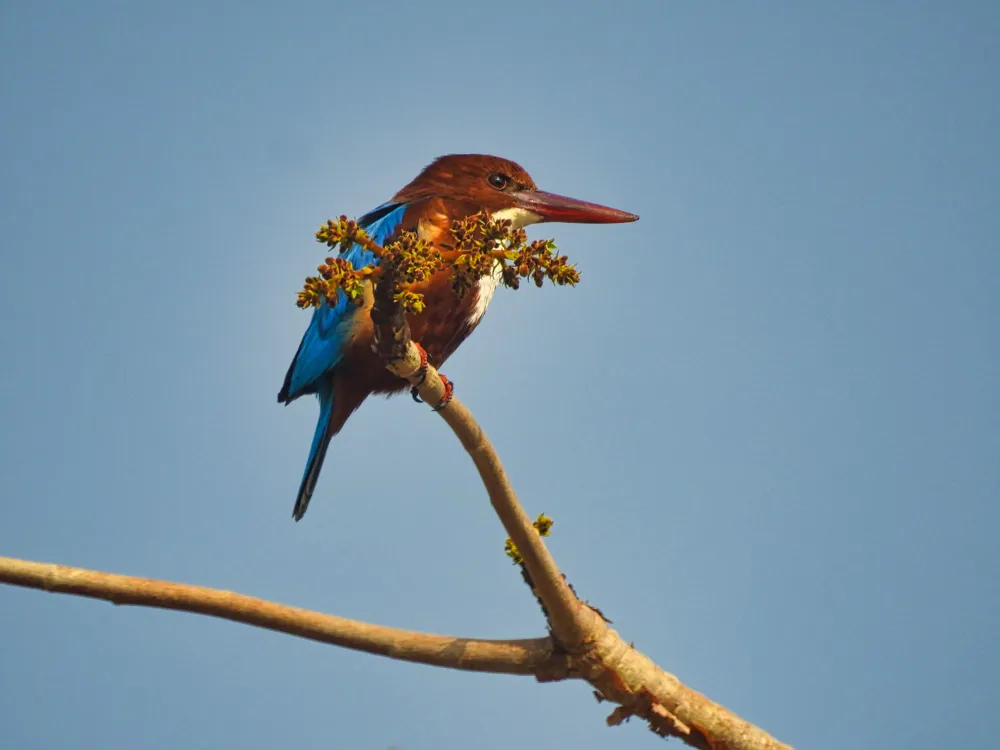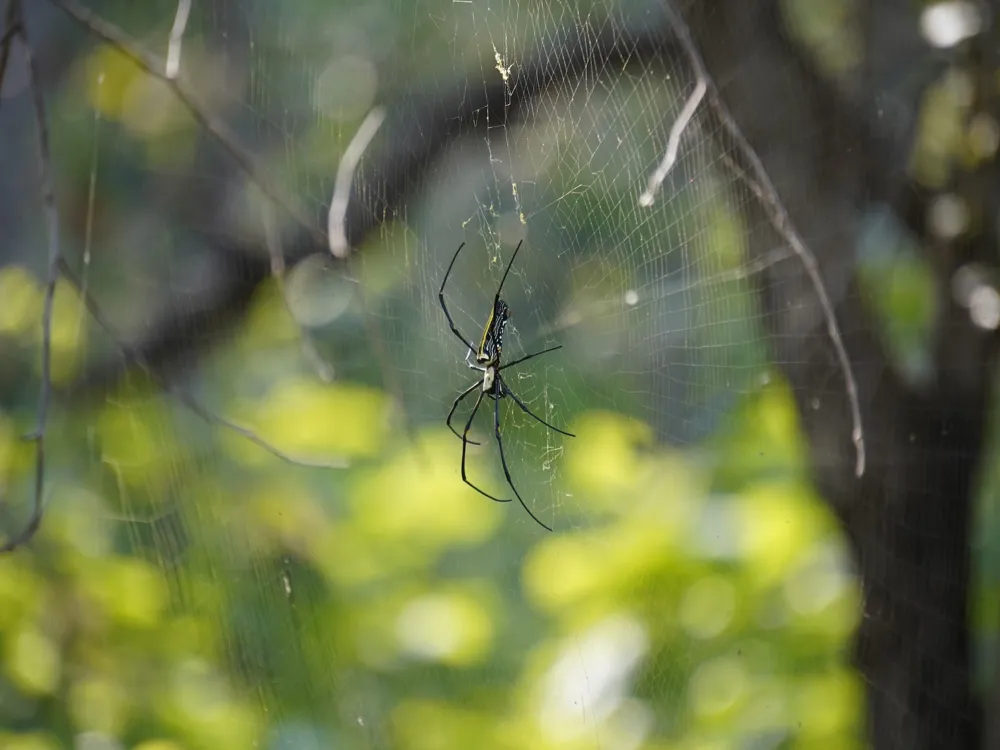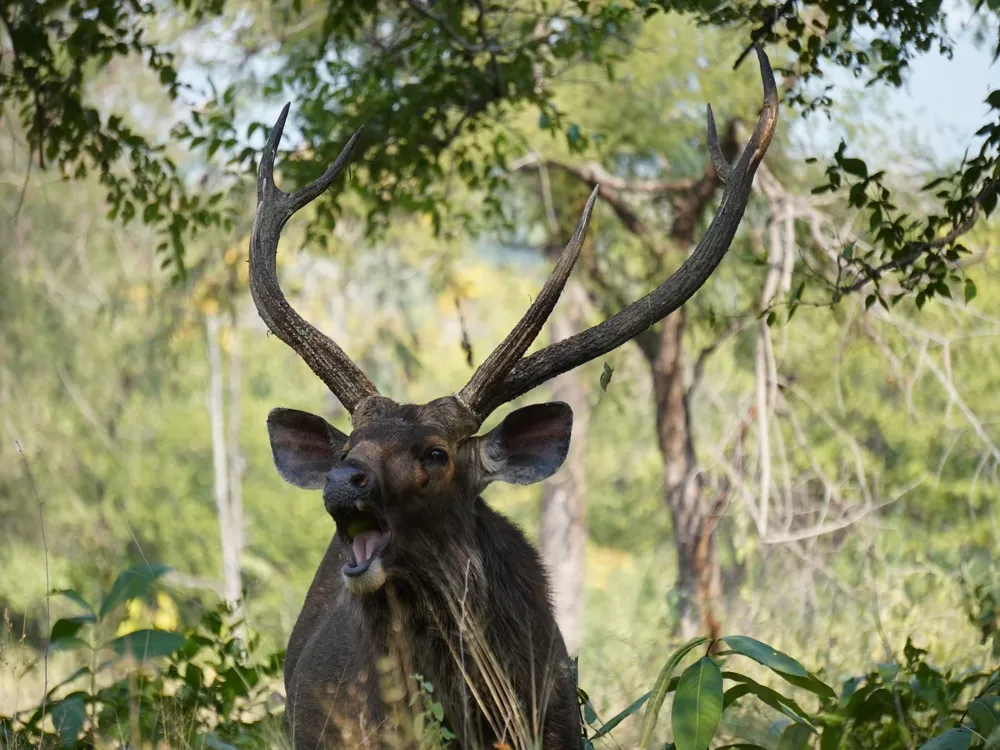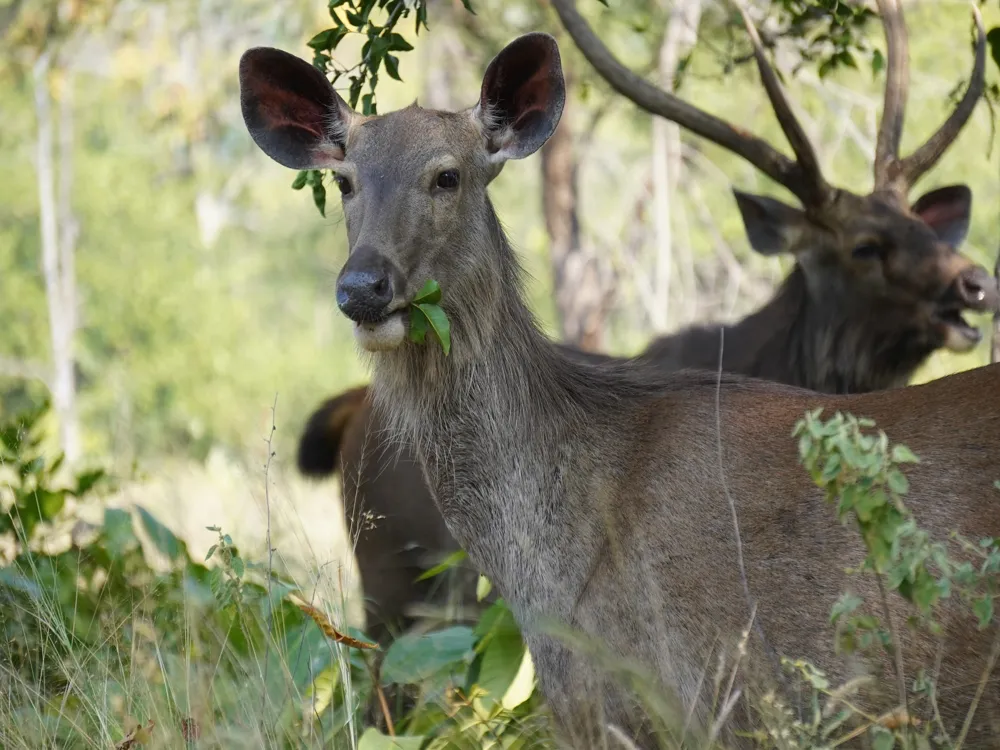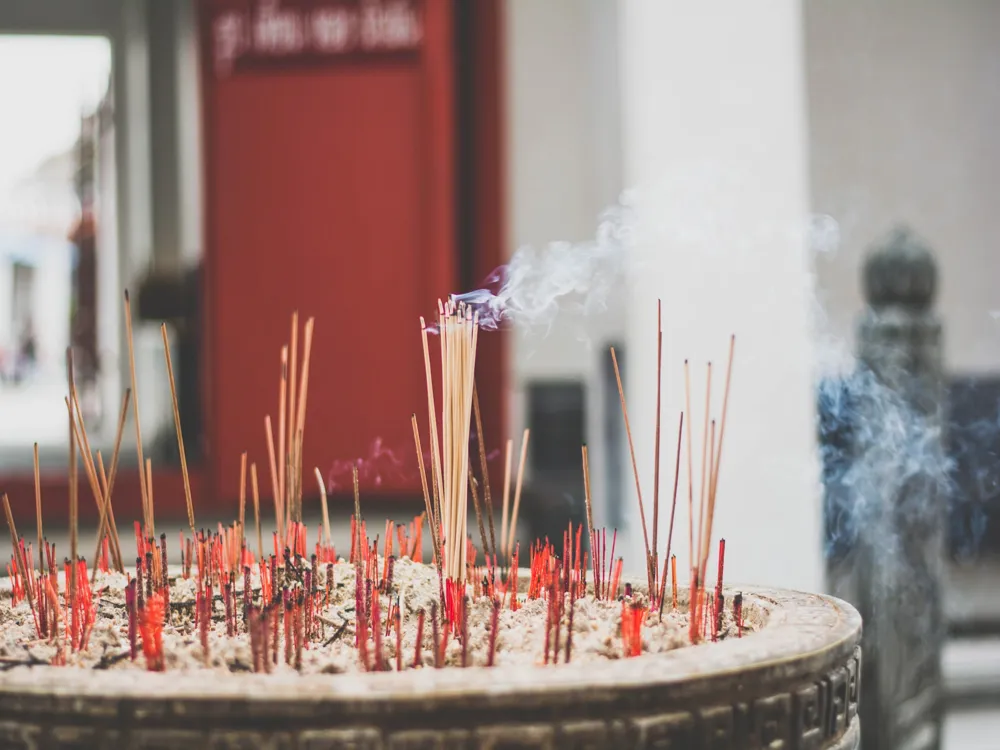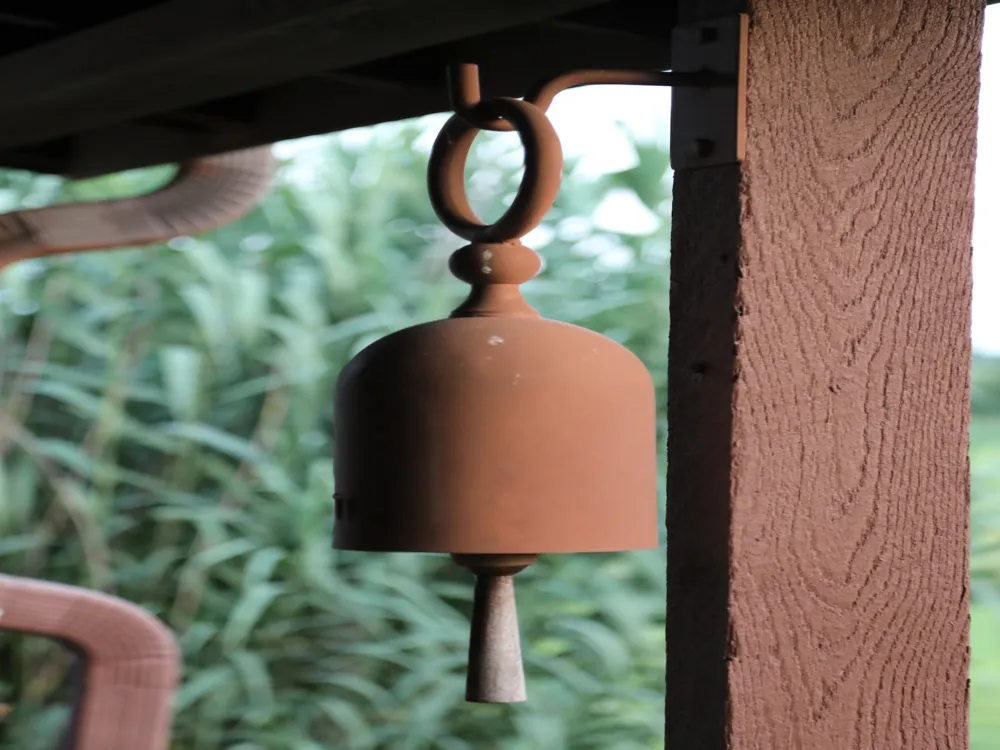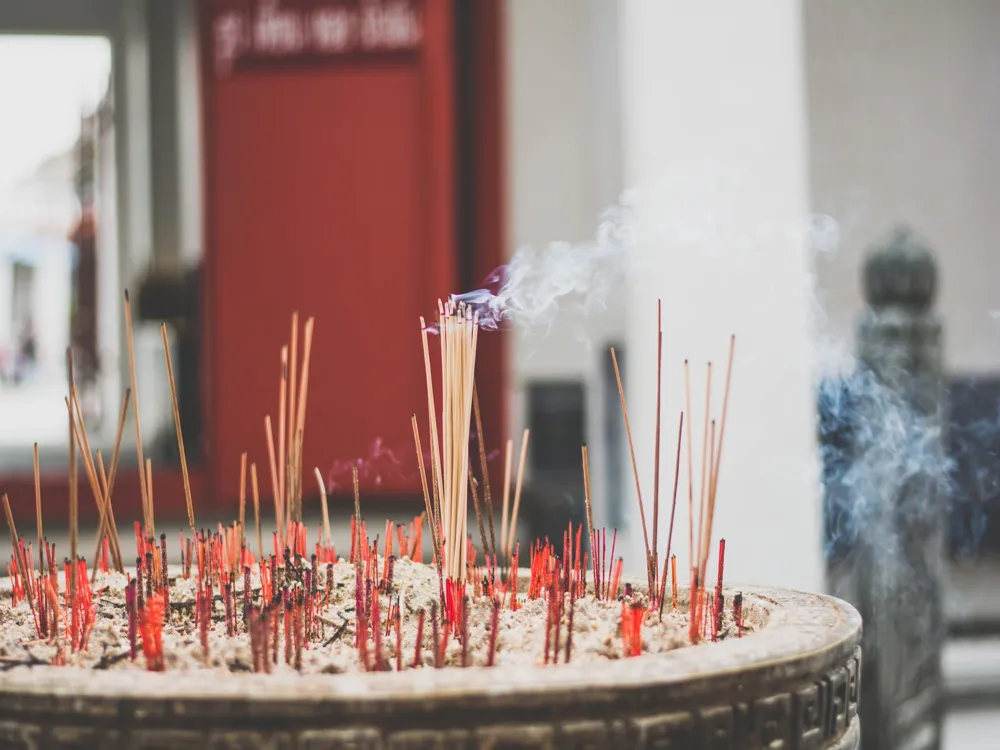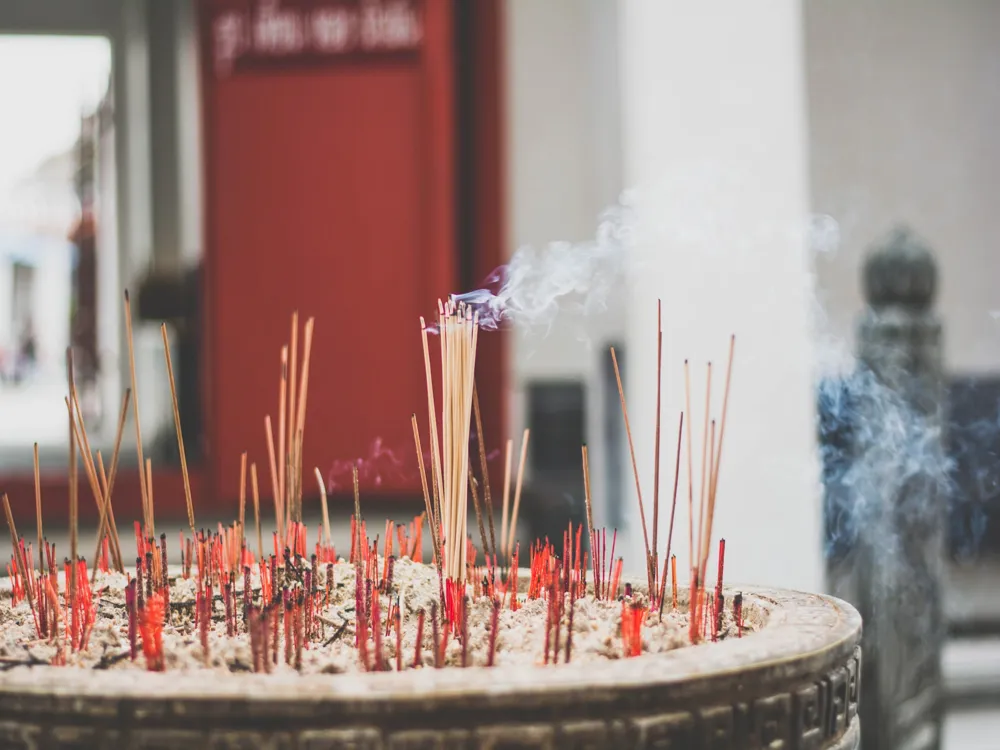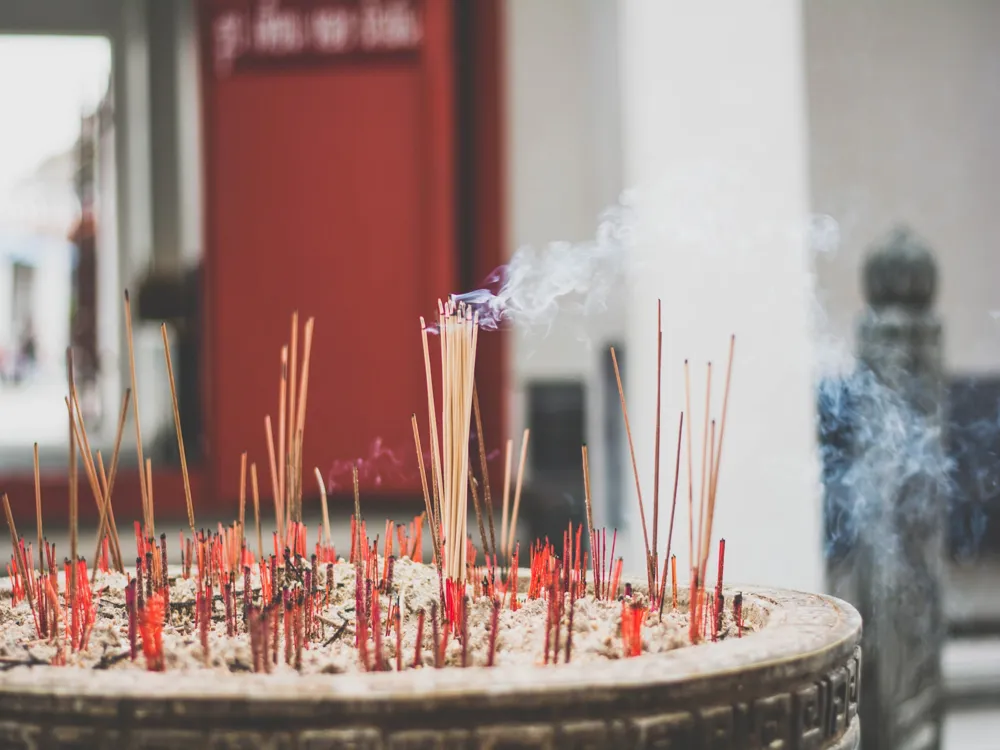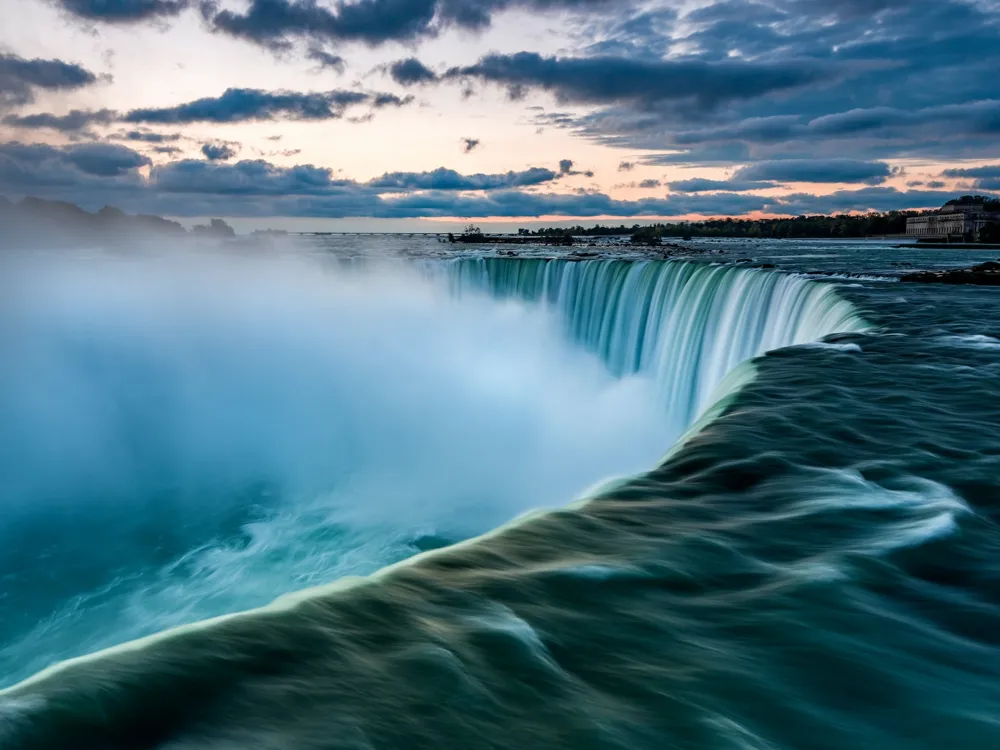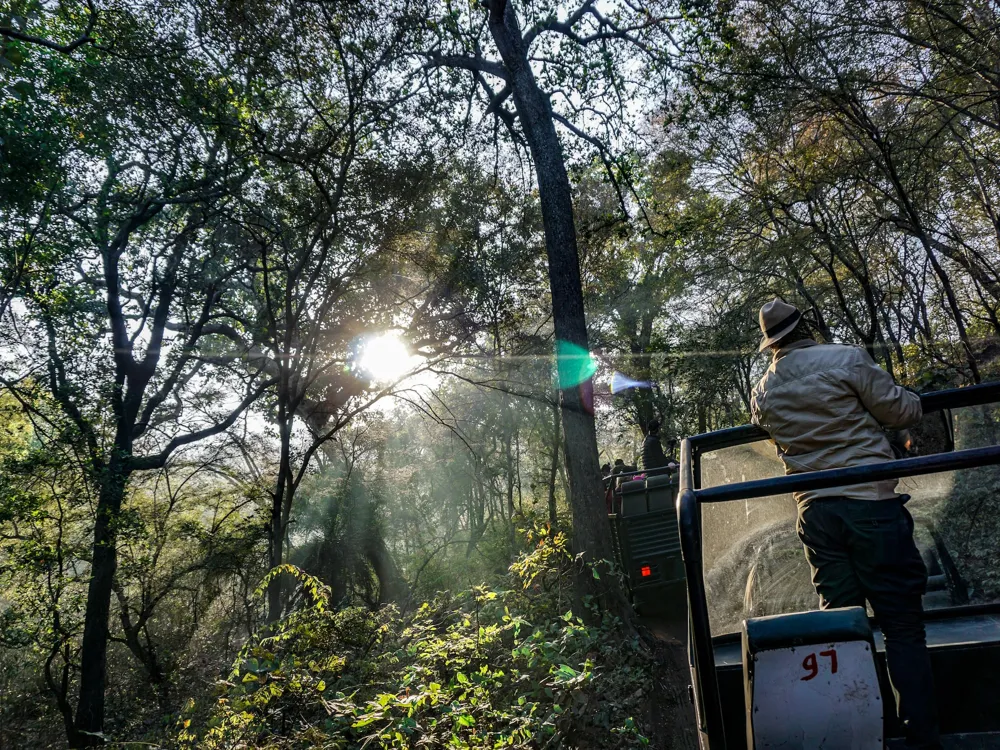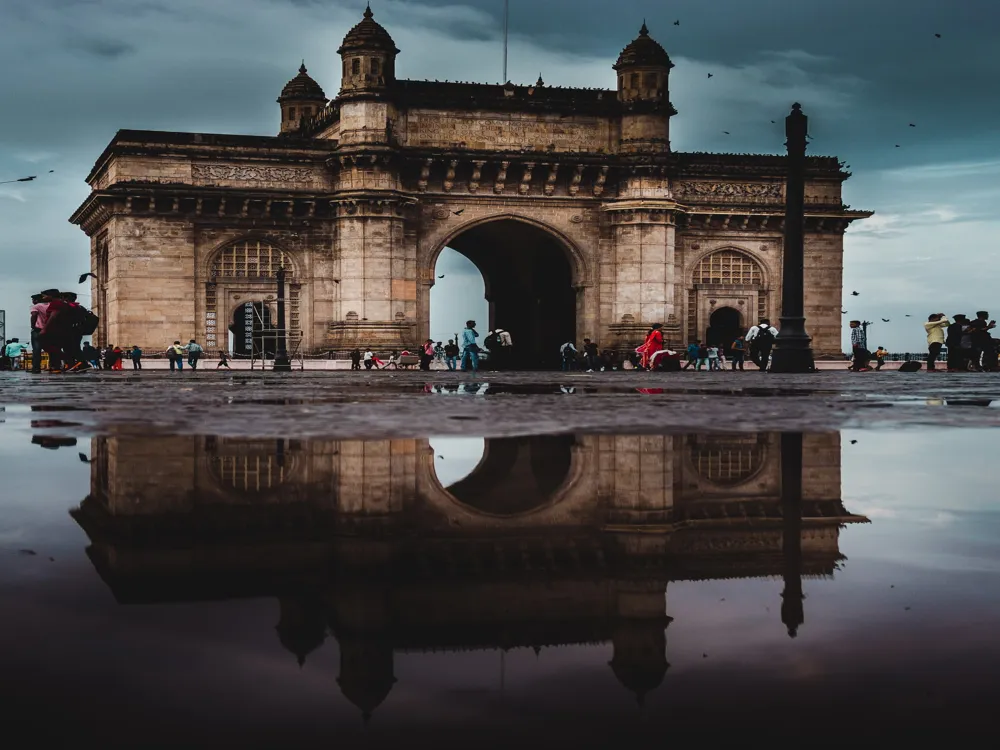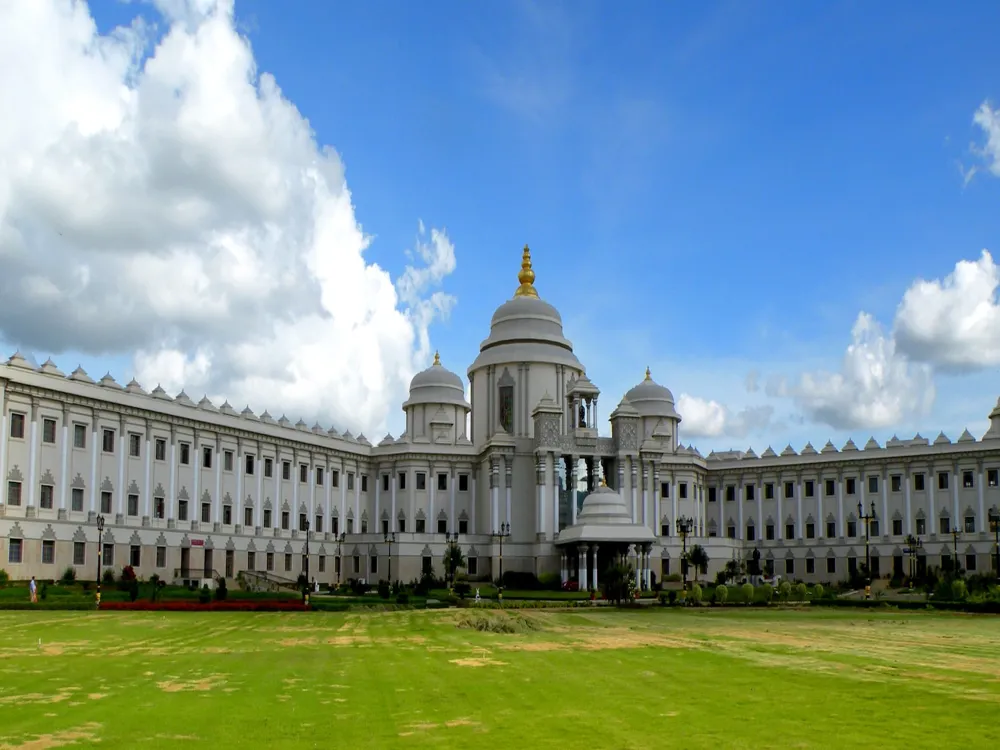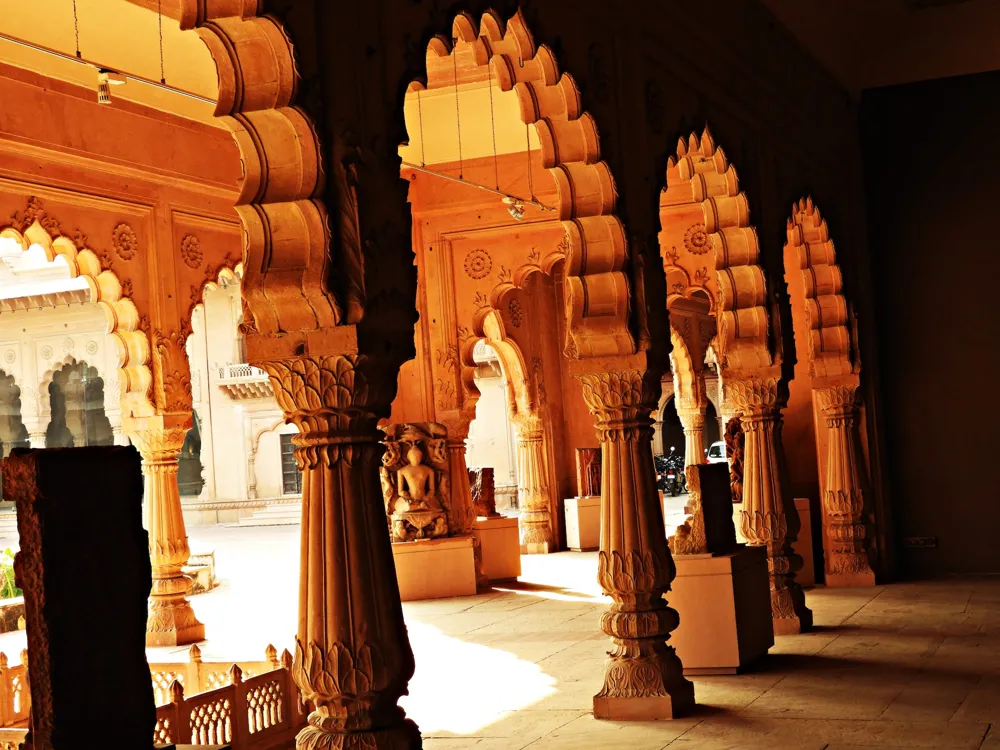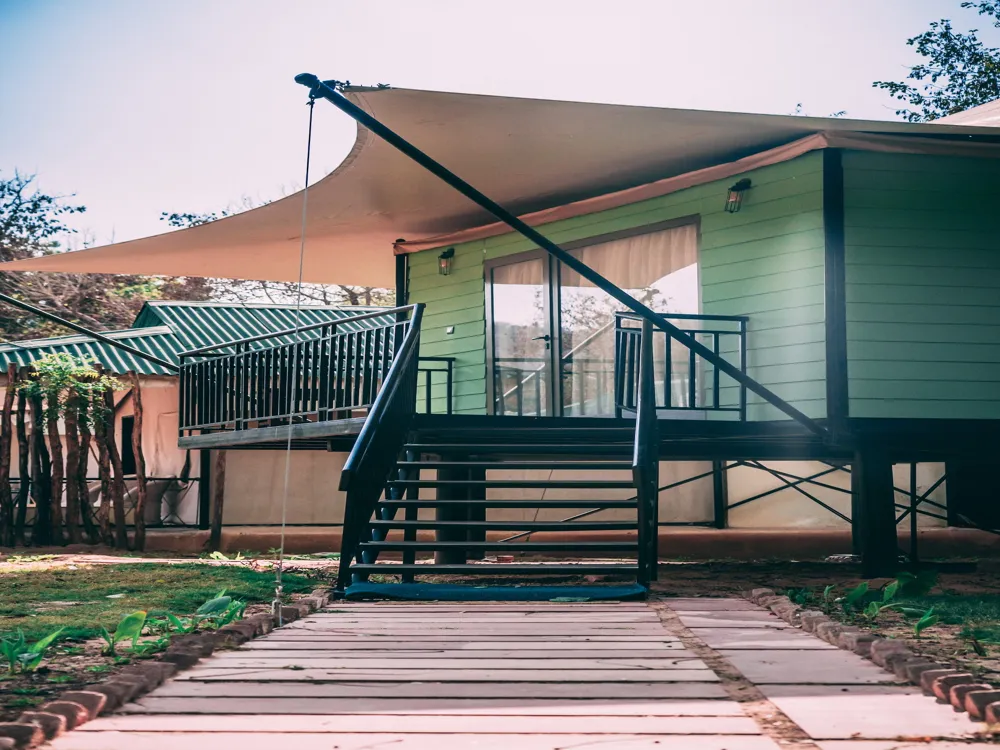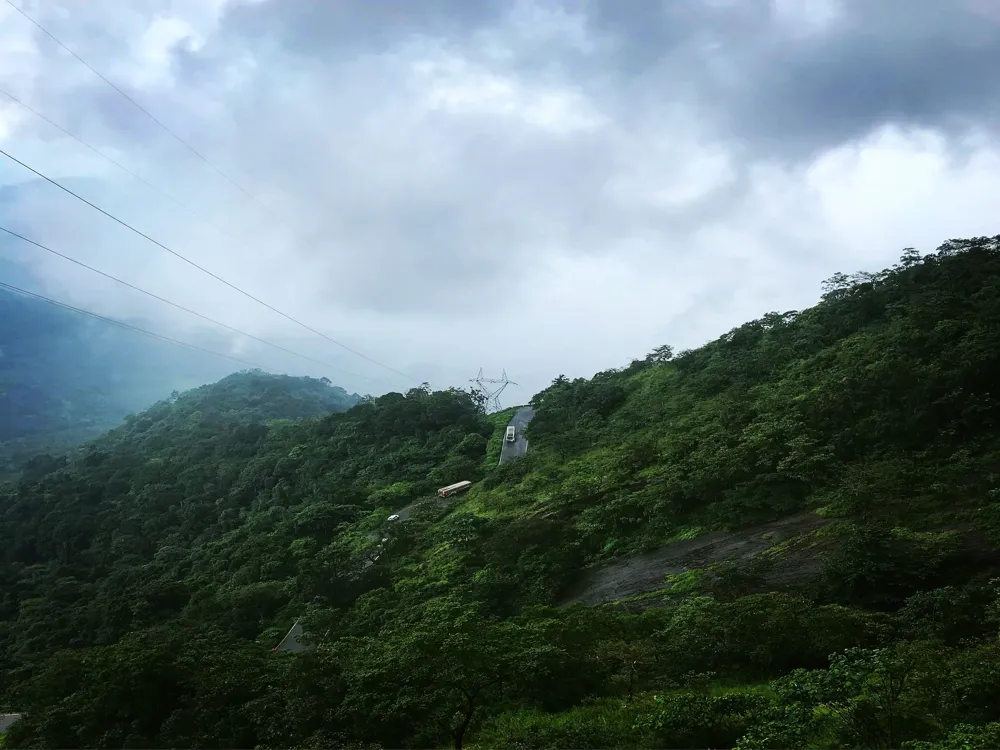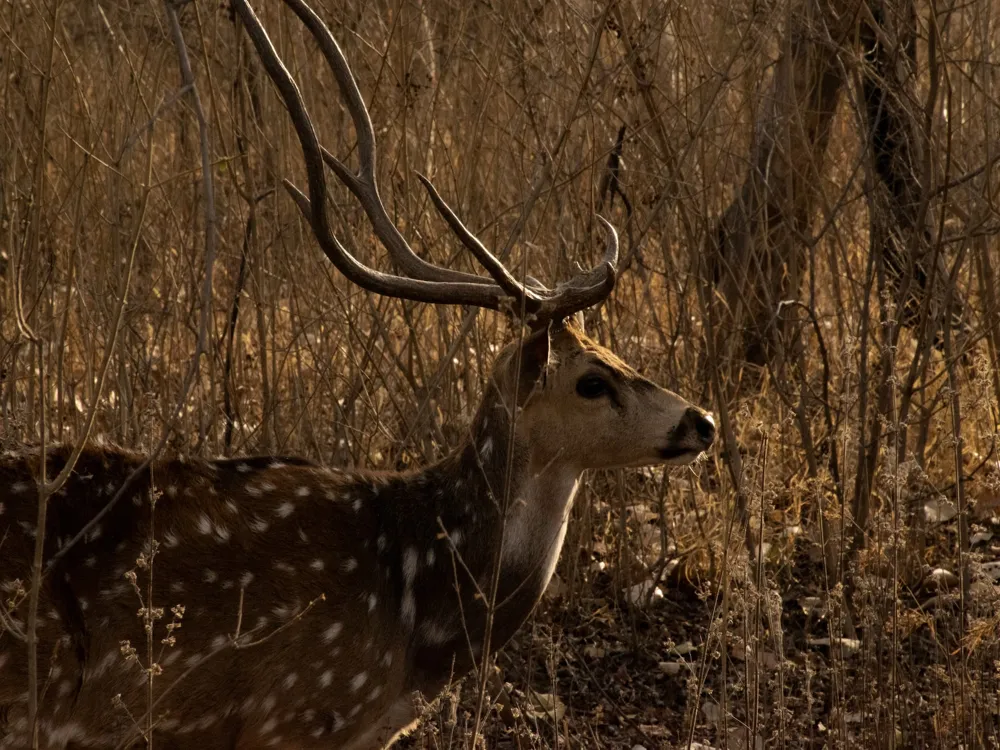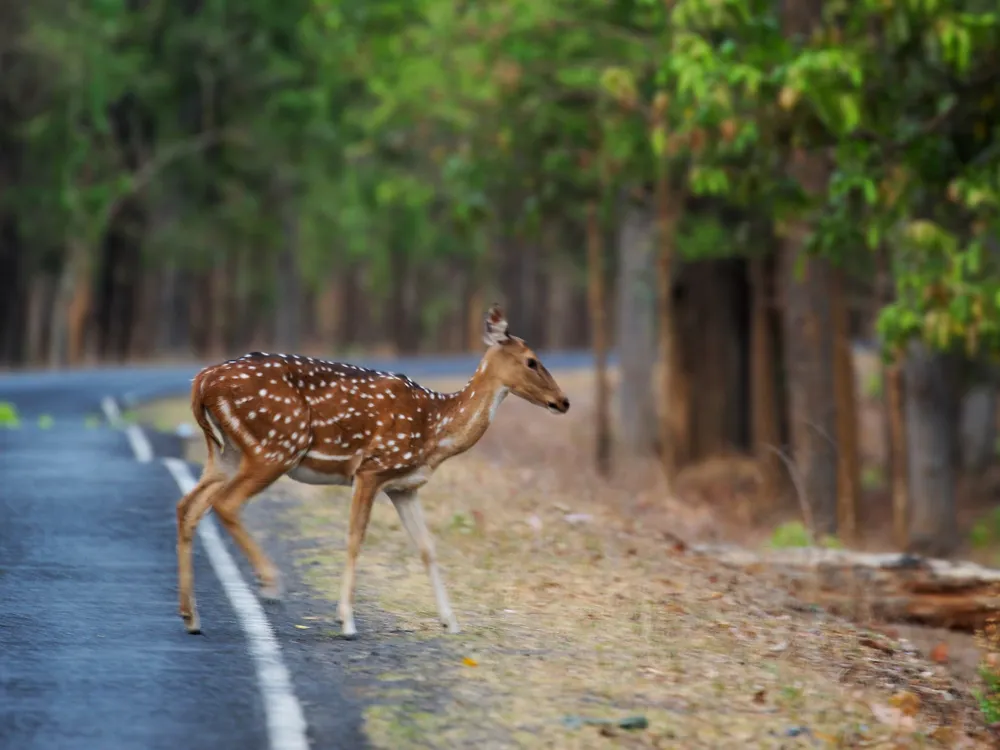Best Time to Visit Panna
Madhya Pradesh India
19 out of 27 Places to visit in Madhya PradeshNaN onwards View Packages
Get Customized PackagesThe Land of Diversity
Top Hotel Collections

Private Pool

Luxury Hotels

5-Star Hotels

Pet Friendly
What is the best time to visit Panna?
Nestled in the heart of Madhya Pradesh, Panna is a gem waiting to be explored, boasting a rich tapestry of wildlife, history, and natural beauty. Choosing the right time to visit is paramount for an unforgettable experience. Let's unravel the seasonal nuances to guide you towards the best time to explore Panna.
This place is also called mukti dham for people associated with Pranami Sampradaya. The place where Sri Prannath ji Maharaj has played a lot of levels in the past. Lord Shiva had arrived here in the past to have a darshan of this holy place. This temple is the biggest temple of panna Shri padmawati puri dham panna
Prannath Temple remains closed for a few hours in the afternoon, so either come early in the morning or visit in the evening. It is a beautiful temple, definitely worth a visit. The temple is too beautiful, and the pujaris here are too polite.
Choosing the right time to visit ensures you witness the beauty of its wildlife, historical landmarks, and cultural richness in the most favorable conditions.
More about the Best Time to Travel to Panna
Travel Peak Season in Panna (October to February)
The peak season, from October to February, beckons travelers with its pleasant weather. Ideal for wildlife safaris in Panna National Park and exploring architectural marvels, this season ensures a delightful experience.
Travel Offseason in Panna (May to June)
The offseason, spanning from May to June, presents a unique charm. While the weather may be warm, the reduced tourist traffic allows for a more intimate exploration of Panna's historical wonders.
Panna Travel Packages
View All Packages For Panna
Panna in Shoulder Season (March to April)
The shoulder season offers a transition from winter to spring, with March to April providing comfortable weather. This period is perfect for outdoor activities and witnessing the blooming beauty of Panna.
Every festival is celebrated with great enthusiasm and pomp in Shri Prannathji Temple of Dham Panna, the center of faith of Pranami religion. While people come from every corner of the country to participate in these festivals, NRIs from abroad also come to enjoy the festivals here. When thousands of people of many languages and costumes gather in this temple, all of them are painted in the same color, such a scene is rarely seen anywhere else. Holi festival is celebrated in Prannathji temple on the lines of Mathura, Vrindavan.
Panna in Hot Season (May to June)
Summer in Panna, from May to June, brings warmth, but it also offers solitude and a quieter exploration of the region. Engage in evening safaris at Panna National Park during the cooler hours.
Panna in Rainy Season (July to September)
Despite the unpredictable weather, the monsoon season paints Panna in vibrant hues. Lush greenery, waterfalls, and cultural festivals characterize this season, providing a unique and picturesque experience.
Panna in Cool Season (October to February)
The cool season, from October to February, is ideal for wildlife enthusiasts. Embark on safaris in Panna National Park to witness diverse flora and fauna, including tigers and a variety of bird species.
Places To Visit In Panna
Nearby Places Panna
Panna Photos
View All Photos For PannaBrowse Package Collections
Browse Hotel Collections
Faq
Q: When is the best time to visit Panna?
A: The ideal time to visit Panna is during the winter months, from November to February. The weather during this period is pleasant and cool, making it perfect for exploring the national park and enjoying outdoor activities.
Q: What makes winter the best time to visit Panna?
A: Winter is considered the best time to visit Panna because the temperatures are moderate, ranging from 7°C to 27°C. This makes it comfortable for wildlife safaris and sightseeing without the discomfort of extreme heat.
Q: Are there any specific months to avoid visiting Panna?
A: It's advisable to avoid visiting Panna during the monsoon season, from July to September, as heavy rainfall can lead to road closures and difficulty in exploring the park. Additionally, the park remains closed during the monsoon for the safety of visitors.
Q: What can one expect during the summer months in Panna?
A: Summer in Panna, from March to June, can be hot with temperatures ranging from 25°C to 47°C. While wildlife sightings are good during this time due to the scarcity of water, it's essential to carry sunscreen and stay hydrated.
Q: Is Panna National Park open year-round?
A: Panna National Park is open to visitors from October 1st to June 30th. The park remains closed during the monsoon season, from July 1st to September 30th, to ensure the safety of visitors and maintain the ecological balance.

